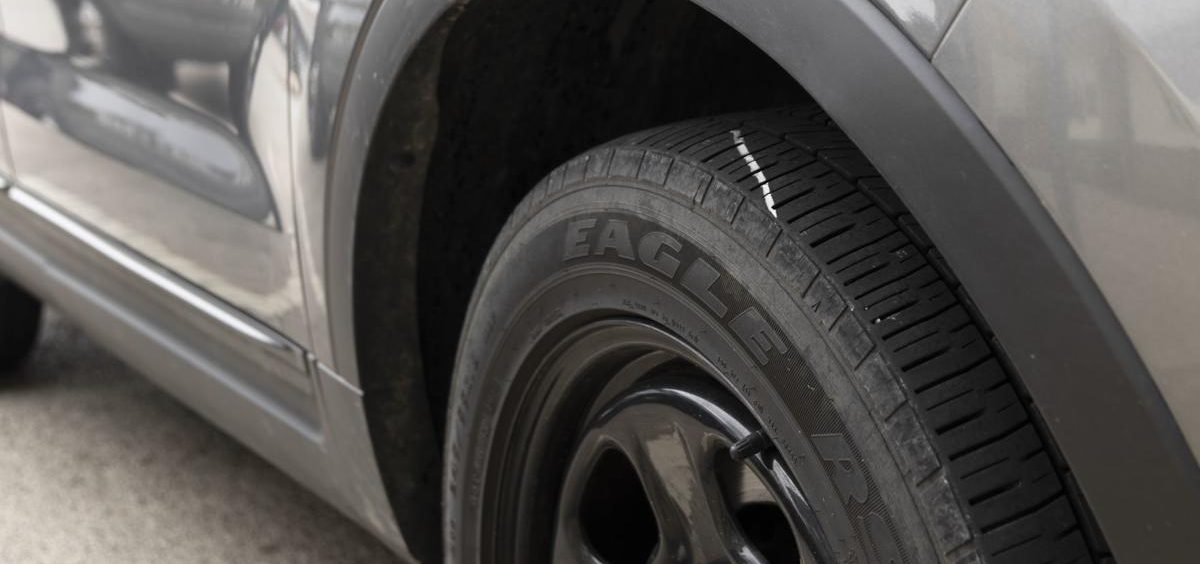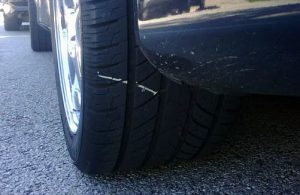
No Chalk, No Problem. Why Chalking Cars IS the New Problem
By: Katrina Kopronica
Posted on:
If you have ever gotten your tires marked by Athens Parking Enforcement, that will probably be the last time.
The 6th U.S. Circuit of Appeals ruled Monday that marking tires is unconstitutional under the 4th Amendment. The decision affects the states within the 6th Circuit; Michigan, Kentucky, Tennessee and Ohio.

Taylor v. Saginaw
The case came about when Alison Taylor was issued more than a dozen parking tickets for exceeding the two-hour parking limit in Saginaw, metered by tire chalking. Her lawyer argued tire marking violated the 4th Amendment right against unreasonable searches, saying it was similar to police secretly putting a GPS on a vehicle without a warrant.
And the three-judge panel of the appeals court agreed.
The case will return to federal court to certify it as a class-action lawsuit, which would refund money to people who got tickets from tire marking. Taylor’s attorney, Philip Ellison, said the city has collected up to $200,000 a year from tire-chalking parking tickets.
What does this mean for Athens?
The Athens Police Department declined to comment, but did say that they haven’t used chalk to enforce 2-hour meters in years; however, they do use it to enforce the 24-hour rule on streets. But that is still unconstitutional under the ruling, and it is unclear whether the city will change that practice.

(Photo Courtesy The Center for Student Legal Services)
Patrick McGee, Athens City Councilman and Managing Attorney for the Center for Student Legal Services said he would suggest an ordinance requiring drivers to waive their 4th amendment rights, related to chalking, when parking on city streets.
“So what we’re really talking about is evidence,” McGee said. “How can the state have evidence? Well, the second question is, do they need that particular evidence? And what if you waive your right to stop them from collecting the evidence in that manner? And that’s how a lot of things happen today.”
Athens’ resident and Ohio University junior Will Connolly wonders whether marking for 24-hour parking is worth it.
“An Athens street could be like, a street that somebody lives on and if somebody, like, doesn’t go anywhere for like two days, I mean, that happens, people walk places, like, what, they have to get in their car and move it? That’s just kind of ridiculous,” he said.
McGee said he sees the 24-hour off-street parking rule as needed.
“The flip side of the coin is other people will take advantage of the situation and just leave their cars because they don’t want to pay a parking fee,” he said.

